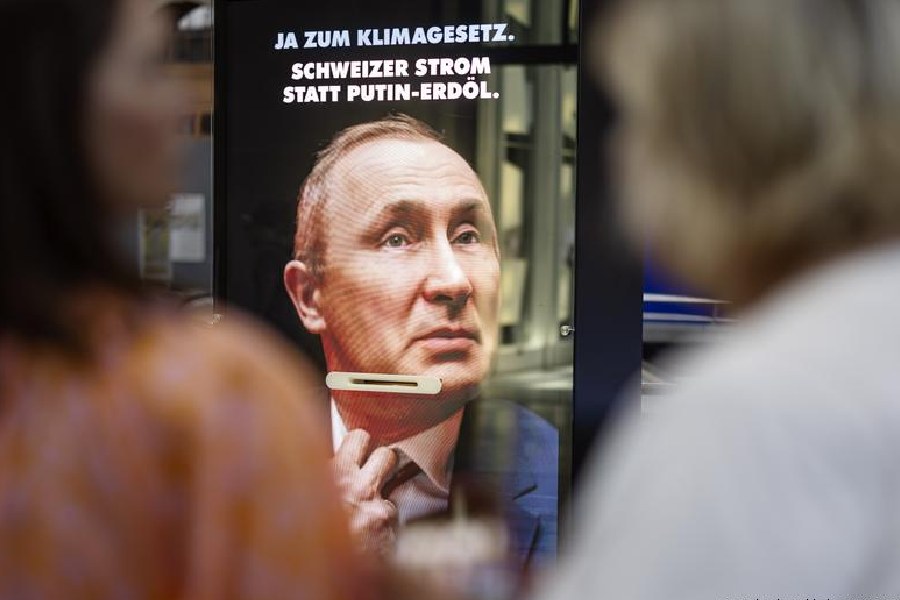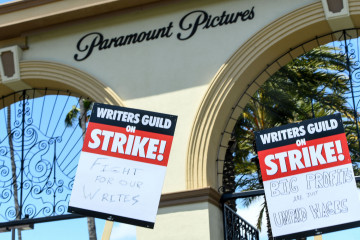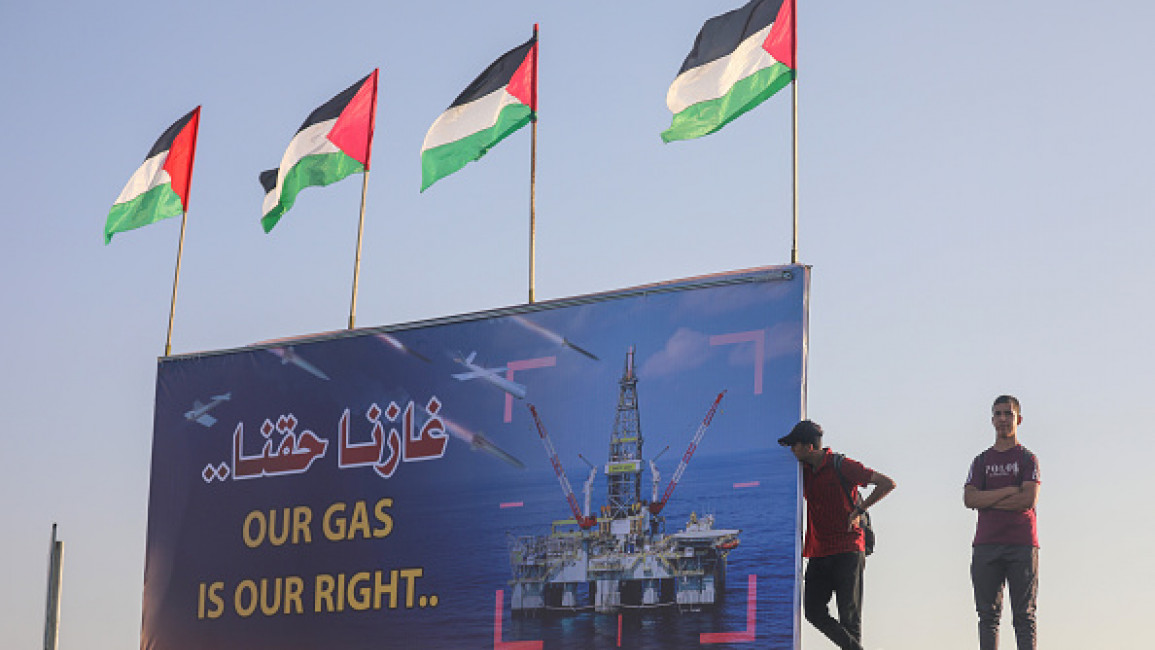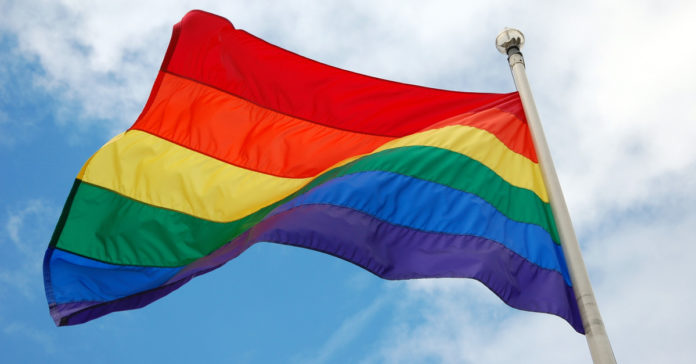Soldiers are told they are all ‘numbers’ who could be easily replaced if they die in battle.
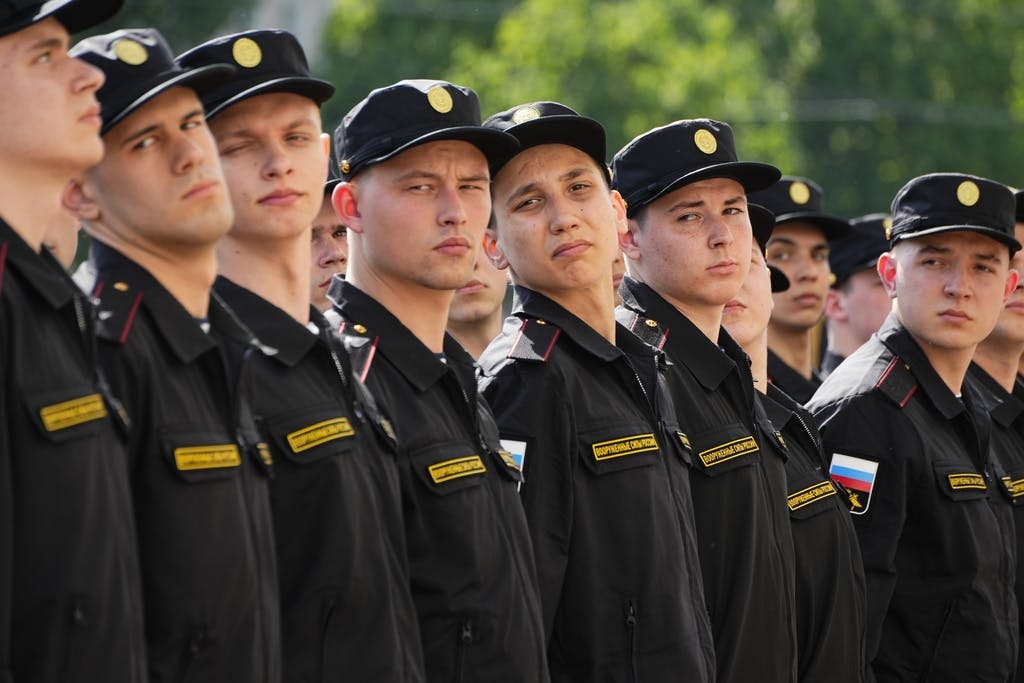
JAMES BROOKE
Western defense officials now estimate that over the last 16 months 200,000 Russian soldiers have been killed or wounded in Ukraine. This is almost triple the casualties suffered by the Soviet Union during a decade in Afghanistan. Doubts are growing that Russia can sustain this cost. In the 1980s, the Soviet Union had twice the population of today’s Russia.
________
This is the second of two parts. Please click here for the first.
________
Beyond the elite, the morale of the Russian soldiers and civilians seems low. In interview after interview posted last week by Ukraine’s UA media consortium, Russian POWs say they do not understand why they are in Ukraine and complain of disorganization and poor leadership.
A 27-year-old draftee from the Pacific Coast city of Vladivostok, Dmitry Sologub, tells how his commander visited his unit and told them they were all “numbers” who would easily be replaced after dying in battle.
The saga of a 30-year-old draftee from Western Russia who surrendered last month, Ruslan Anitin, is told in a compelling Wall Street Journal video and written story with the headline: “The Russian Soldier Who Surrendered to a Drone.”
Ukraine’s military brass undoubtedly cherry-picks POWs who talk to the press. Perhaps more ominous for President Putin’s hold on Russia is the passivity of the Russian people.
Last month, two Russian exile groups armed by Ukraine, attacked villages in Russia’s Belgorod region. Although the Russian exiles retreated across the border, cross-border shelling and mortar fire continues.
With several Russian villages heavily damaged, thousands of refugees now clog Belgorod city, the regional capital. City dwellers snicker about “people with black bags,” referring to rural refugees carrying sacks of humanitarian aid.
In February 2022, Russia’s full-bore attack on Ukraine sparked a massive national reaction in Ukraine. Lines of men stretched around city blocks from military recruiting stations. With a spontaneous, all-shoulders-to-the-wheel approach, civil groups sprang up to provide medical care and military intelligence, and to adapt drone technology to military uses.
At Belgorod, no local people “rushed to defend the government” or displayed enthusiasm for the actions of the Russian troops, a Russian exile journalist, Vitaly Ginzburg, writes from Prague on Kasparov.ru. He says cross-border raids highlight how local populations were unprepared and unwilling to help Russian forces or defend their own country.
This passivity is due partly to the fact that Russia’s state-controlled press largely downplays the cross-border raids. TV announcers struggle to explain to viewers that Russian exiles are attacking Russian soldiers and policemen. While an occasional rant slips through on the talk shows, it fails to galvanize a population who increasingly see Ukraine as “Putin’s War.”
Take Crimea, Mr. Putin’s shining war trophy. Mr. Putin’s popularity peaked in the spring of 2014 when he “recovered” Crimea for Russia. Since then, he turned the peninsula into an armed camp, the equivalent of a vast aircraft carrier in the Black Sea. For the Kremlin, loss of Fortress Crimea is unthinkable. Russia’s middle class apparently thinks otherwise.
With Russia’s summer vacation season now underway, sunny Crimea’s beaches are largely empty. Last summer, hotels were booked solid, the head of a tour company, Boris Zelinsky, tells Rata News, a Russian travel business news agency. This season is “catastrophic,” he says.
Children’s summer camps are empty. Seasonal workers refuse to come to the peninsula. Delivery of cargo is difficult after a truck bomb last October blew up the bridge from Russia’s mainland. Preparing to ask the Kremlin for aid, Mr. Zelinsky cited the case of a popular tour taken last summer by as many as 400 tourists. Last month, only one tourist showed interest.
All these factors provoke Russians and Westerners to start thinking about a Russia breakup. Washington-based analyst Janusz Bugajski is touring Europe and America lecturing on his new book“Failed State: A Guide to Russia’s Rupture.” Western academics increasingly approach Russia as Eurasia’s last land empire.
A new non-government organization, the Free Nations of Post-Russia Forum, advocates for a breakup of the Russian Federation. It calls for the “decolonization, de-occupation, decentralization, de-Putinization, denazification, and de-militarization of Russia.” Gathering in six forums over the last year, these Russian dissidents, separatist leaders, and foreign supporters draw new maps and brainstorm possible outcomes for Yugoslavia-style break up of post-Putin Russia.
“Russia hurtles toward collapse. The issue is not whether Russia will break up, but when and how,” a veteran Canadian journalist, Diane Francis, wrote Thursday. “But the West is not prepared for the possibility of Russia’s disintegration and it must be. This is not preposterous. It is inevitable.”
JAMES BROOKE
Mr. Brooke has traveled to about 100 countries reporting for The New York Times, Bloomberg, and Voice of America. He reported from Russia for eight years and from Ukraine for six years, coming home one year ago.




:quality(70)/cloudfront-eu-central-1.images.arcpublishing.com/thenational/EO626SR62MZ4GN7P65XUVZPEGU.jpg)
:quality(70)/cloudfront-eu-central-1.images.arcpublishing.com/thenational/24H25XFCOLH345F73OSBXCVEFQ.jpg)
:quality(70)/cloudfront-eu-central-1.images.arcpublishing.com/thenational/D2DM5YS76GY2DMCKU5O3NYY6UU.jpg)
